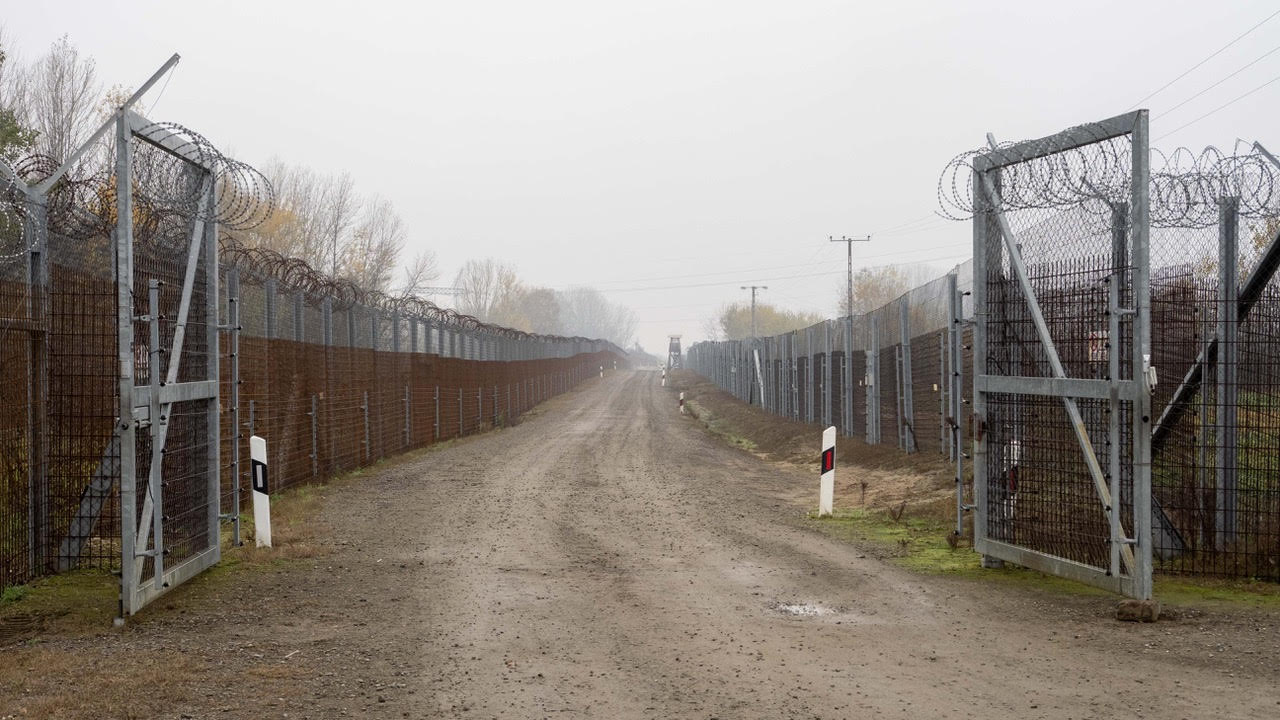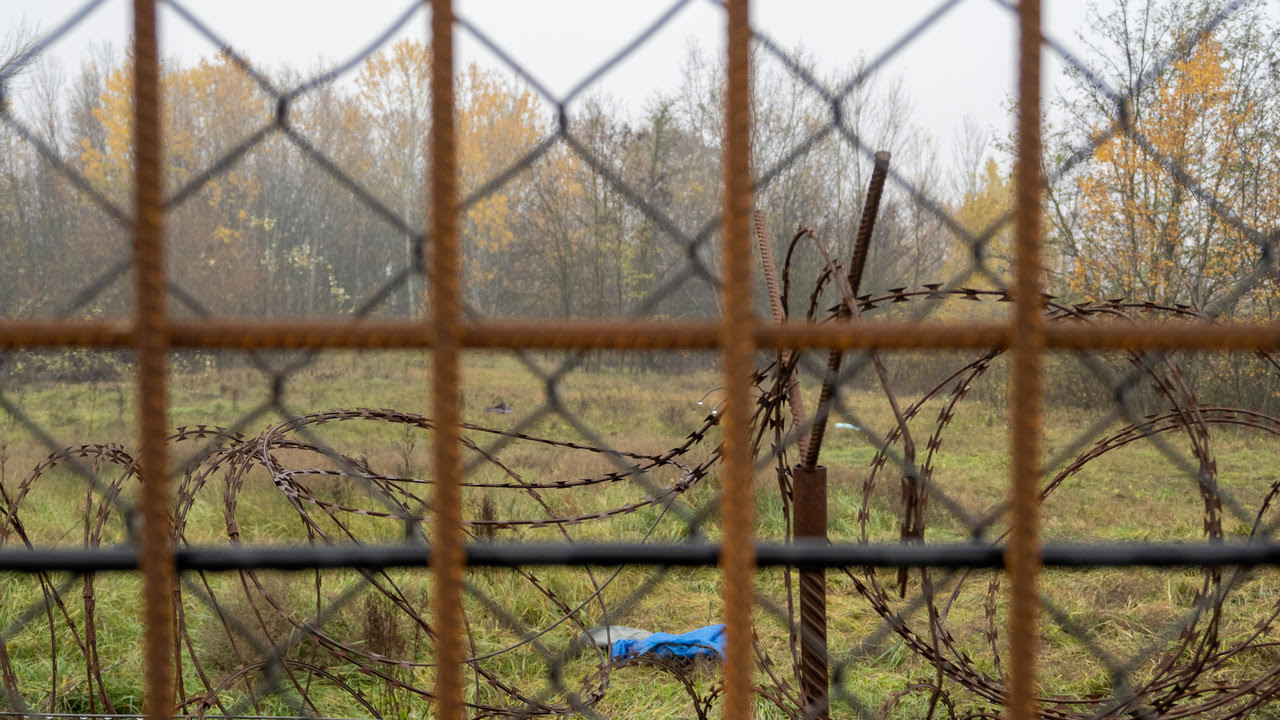Szeged – ESI at seminar on migration and asylum in Central Europe

ESI’s Kristof Bender took part in a seminar on “Central European Perspectives on Migration” organised on 17 and 18 November by the Konrad Adenauer Foundation in Szeged (Hungary). He spoke on a panel on “The Current Situation of Migration in Central and Eastern Europe”, presenting the situation in Austria:
In the year 2022 Austria has already received nearly 100,000 asylum applications. This is the highest number since 1957. Even in all of 2015 the number of asylum applications was lower. However, from January 2022 the number of asylum seekers in state care increased by only 3,000, as most asylum seekers do not stay in Austria and move on. As the EU exerts pressure on Serbia to introduce visa for citizens from India and Tunisia (so far able to enter Serbia without a visa) and the numbers of aslyum seekers that leave Greece for Central Europe is deceasing, the number of asylum seekers is likely to fall in the coming months.
However, at the same time 85,000 war refugees from Ukraine reside currently in Austria, posing a big challenge. If Putin’s attacks on crucial infrastructure in Ukraine will intensify, leaving millions without heating and electricity, this could trigger a further mass exodus of civilians. Austria, as well as other key recepient countries like Germany, have no plan for this scenario.
While Austrian media and far right parties portray the number of asylum applications as an unprededented crisis, the real refugee crisis looming in Austria is the potential inflow of tens of thousands of further war refugees from Ukraine.

